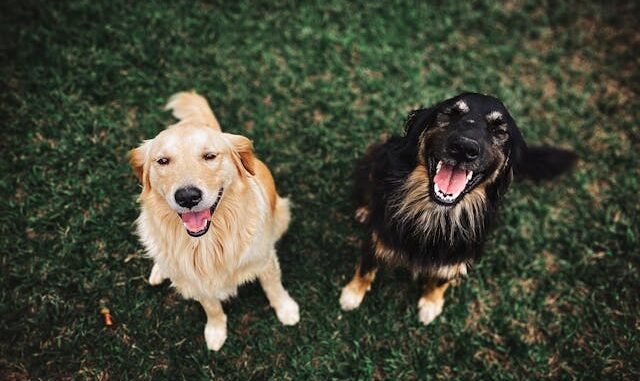
Dog ownership enriches countless lives in Ontario, offering companionship and furry loyalty. However, the ever-present threat of dog bites casts a long shadow, raising concerns about public safety and the effectiveness of current legislation. The Dog Owners’ Liability Act (DOLA) enforces strict liability, holding owners financially responsible for any injuries caused by their dog, regardless of breed or prior behavior. But is DOLA enough to protect the public, or are reforms needed to ensure safer communities for all?
DOLA’s Bite: Strengths and Limitations
DOLA’s strict liability principle offers clear benefits:
- Victim Compensation: Victims receive financial support for injuries sustained in dog attacks, regardless of the owner’s intent. This ensures victims have the resources needed for medical care and recovery.
- Deterrent Effect: Strict liability incentivizes responsible dog ownership. Knowing they are financially liable for any harm their dog inflicts, owners are more likely to implement preventative measures like training and secure confinement.
However, DOLA also faces limitations:
- Focus on Outcome, Not Cause: Strict liability focuses on the injury itself, not the circumstances leading to the attack. This can be seen as unfair to responsible owners whose well-behaved dogs might be involved in unforeseen incidents.
- Lack of Nuanced Response: DOLA offers little room for considering aggravating factors like prior aggressive behavior or negligent ownership practices.
News Stories: A Glimpse into the Realities of Dog Bites
Recent news stories highlight the human cost of dog attacks and the complexities surrounding DOLA:
- Toronto Star (2021): A young child suffers serious facial injuries after a dog attack in a park. The article raises questions about off-leash dogs and the adequacy of current leash laws in ensuring public safety in shared spaces.
- CBC News (2022): A senior citizen is hospitalized after being attacked by a neighbor’s dog. The story explores the emotional and financial toll dog attacks can take on victims, even when compensation is awarded through DOLA.
The Debate for Reform: Beyond Strict Liability
Several potential reforms propose changes to DOLA, seeking a balance between victim protection and fairness to responsible dog owners:
- “One Bite” Rule: This approach exempts owners from liability for the first bite incident, provided the dog has no prior history of aggression. This could incentivize preventative measures while protecting responsible owners from unforeseen events.
- Negligence-Based System: Shifting the burden of proof to victims to demonstrate owner negligence might be more consistent with other personal injury cases. However, this approach could leave victims without compensation in cases where negligence is difficult to prove.
- Dangerous Dog Designations: The current system allows for “dangerous dog” designations after severe attacks or repeated aggression. Reform could expand the criteria for such designations or enhance enforcement procedures.
The Importance of Responsible Ownership
Regardless of potential legal changes, responsible dog ownership is paramount:
- Early Socialization: Expose your dog to a variety of people, animals, and environments during their critical development period (typically between 3 and 14 weeks of age) to foster confidence and reduce fear-based reactivity later in life.
- Obedience Training: Invest in quality obedience training to promote good canine behavior and maintain control of your dog in various situations.
- Understanding Dog Body Language: Learn to recognize signs of stress or anxiety in your dog. This allows you to intervene before a potentially aggressive situation escalates.
Seeking a Balanced Future
The future of dog bite law in Ontario hinges on finding a balance between public safety, responsible ownership, and fairness.
